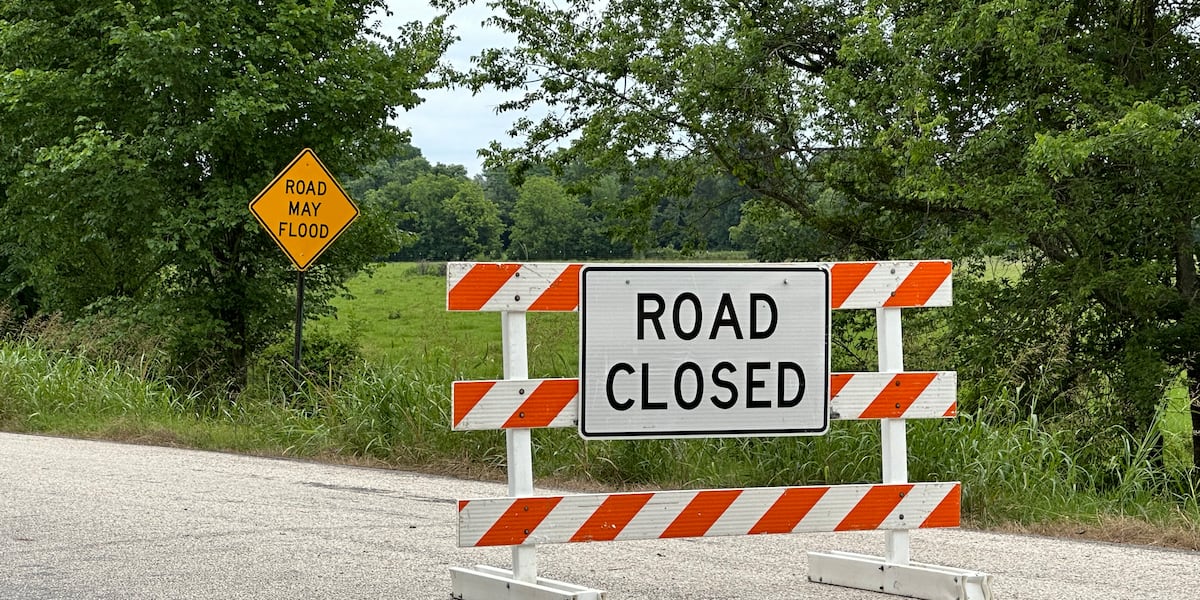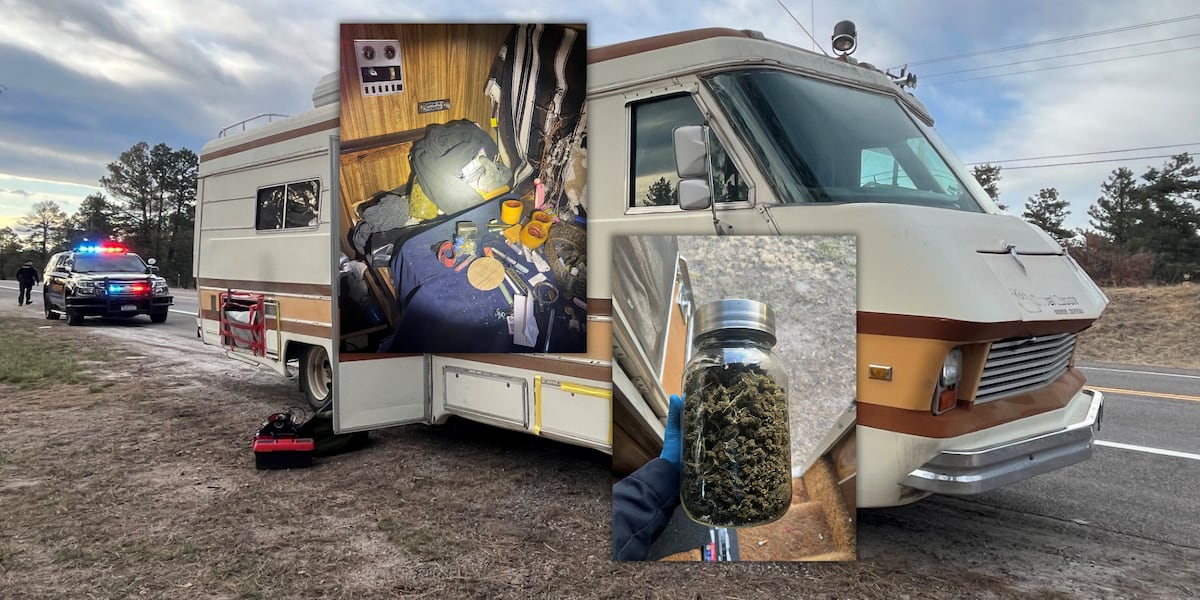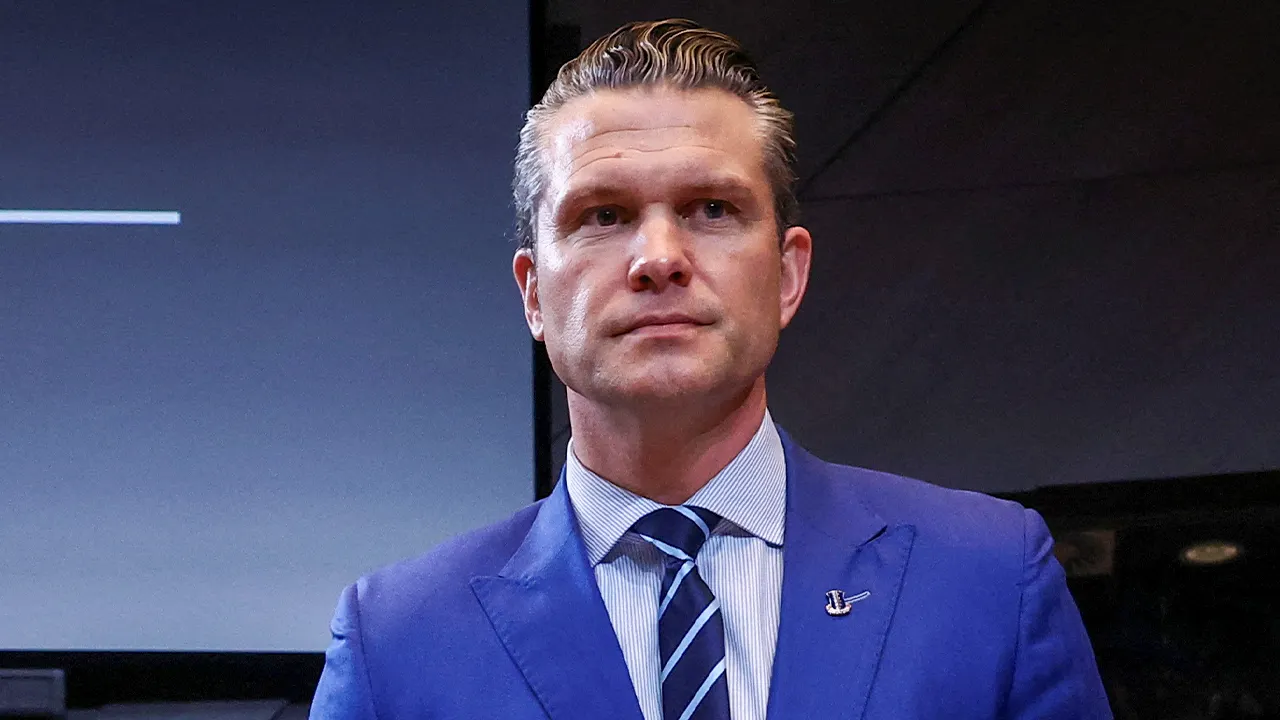Colorado
Opinion: Colorado’s mountain lion hunting helps maintain a delicate balance

In the picturesque landscapes of Colorado, a unique form of hunting has been stirring debate for years — hunting mountain lions with hounds. This controversial practice, deeply ingrained in the state’s heritage, holds several key benefits that deserve consideration. In this article, we explore the importance of predator-prey balance, human conflict avoidance, and selective harvest.
Colorado’s wilderness is home to a diverse ecosystem, where maintaining predator-prey balance is essential for the health of both wildlife and the surrounding environment. Mountain lions, also known as cougars or pumas, are apex predators vital to the ecological equilibrium of the state. When the population of these large carnivores grows unchecked, it can lead to imbalances, causing devastating consequences for other species, such as deer and elk.
These consequences, in turn, have negative impacts on the mountain lions themselves. Statistics from Colorado Parks and Wildlife (CPW) indicate that mountain lion populations have been steadily increasing in Colorado over the past few decades. These populations have the potential to double every 5 to 10 years in the absence of human intervention.
As Colorado’s population continues to grow, human expansion into once-wild areas also increases the chances of human-mountain lion encounters. In many cases, mountain lions are drawn to human settlements because they perceive them as sources of easy prey. This poses a considerable risk to both humans and lions alike. CPW statistics show an alarming uptick in human-mountain lion conflicts over the last decade. In 2021, there were over 200 reported incidents, a significant increase from previous years. These conflicts resulted in livestock losses, injuries to pets, and even occasional threats to human safety.
In response, hunting with hounds serves as an effective method to mitigate these conflicts and maintain a healthy, stable lion population. Hounds are trained to track and locate mountain lions, allowing hunters to approach and assess the situation before deciding on next steps.
Selective harvest is a key element of hunting mountain lions with hounds. This practice distinguishes it from indiscriminate culling methods and underlines the conservation-oriented approach of hunting with hounds. Hunters can carefully assess the age, sex, breeding status, and overall health of the mountain lion before making the decision to harvest or release the cat. This approach also provides the opportunity to haze released mountain lions, discouraging them from frequenting populated areas.
Studies have shown undeniable data supporting the idea that catch-and-release hound hunting reduces human conflicts. Through the use of selective harvest, hound hunting provides a way to protect human and lion safety, all while maintaining a healthy overall ecosystem.
Hound hunting also provides invaluable data on the lion’s behavior, helping researchers and wildlife managers better understand their movements and behaviors in proximity to human activities. This information is essential for implementing appropriate conservation strategies, minimizing the risk to humans, and ensuring the well-being of mountain lions.
CPW’s harvest data demonstrates the conservation focus of mountain lion hunting. In Colorado, the annual harvest quota is determined based on a variety of factors, including population estimates, prior harvest data, and gender ratios. The goal is to maintain a stable, healthy population that does not exceed the carrying capacity of the environment.
It is also important to note that harvest numbers are dictated solely by the quotas for each unit rather than license sales. Mountain lion hunting licenses are unlimited but can only be used prior to quotas being met. With hound hunting, hunters can adhere to these quotas, in turn, contributing to the preservation of the lion population. This also means that each year over 80% of mountain lion licenses go unused but contribute to the state’s funding for wildlife management.
It’s important to note that hunting mountain lions is not an unrestrained free-for-all. Colorado, like other states, has established rigorous regulations and quotas to ensure that the practice is sustainable and ethical. Hunters must participate in mountain lion hunter education courses, obtain hunting licenses, and follow guidelines on when, where, and how hunting can take place. Hunters are also required to report all harvests within 48 hours as well as obtain an inspection seal by presenting harvested lions to parks and wildlife officers. This inspection involves ensuring that all legal requirements have been met and the collection of valuable data such as DNA, age, sex, and location of harvest. These regulations are carefully crafted to ensure ethical practices while managing our big cats.
Colorado Parks and Wildlife also enforces strict requirements and regulations concerning the consumption of mountain lion meat in Colorado. Regulations outline specific rules for utilizing all edible portions of mountain lion meat. This negates the idea that “trophy hunting” is the primary motivation for mountain lion hunting and ensures that the practice remains ethical and supports the broader conservation goals set by the state. Many lion hunters also note that mountain lion meat is among the best available of Colorado’s game species.
The controversial practice of hunting mountain lions in Colorado serves a critical role in the state’s ecosystem and society. It helps maintain the delicate balance of predator-prey relationships, mitigates human-wildlife conflicts, and offers a conservation-oriented, selective harvest approach that ensures the well-being of mountain lion populations. The stringent regulations regarding the use of mountain lion meat underscore Colorado’s commitment to ethical and sustainable hunting practices.
While the debate around hunting practices often sparks strong emotions, it is important to consider the broader context of wildlife management, conservation, and human safety. Hunting mountain lions, when conducted responsibly and in compliance with state regulations, represents a crucial tool in preserving the natural beauty and ecological health of Colorado. It is a practice rooted in tradition and executed with modern conservation values in mind.
Seth Brandstetter is a Colorado hunting guide and mountain lion hunter.
Sign up for Sound Off to get a weekly roundup of our columns, editorials and more.
To send a letter to the editor about this article, submit online or check out our guidelines for how to submit by email or mail.

Colorado
Rollover crash causes delays in Northern Colorado Springs

COLORADO SPRINGS, Colo. (KKTV) – A rollover crash caused delays in Northern Colorado Springs Wednesday morning, according to the Colorado Springs Police Department.
Police said the traffic accident occurred around 7 a.m.
The southbound Voyager Parkway was closed at Interquest Parkway while police worked to clear the scene.
Two people were taken to the hospital with non-serious injuries, according to police.
This article will be updated when more information is available.
Copyright 2025 KKTV. All rights reserved.
Colorado
Colorado Springs woman arrested deputies find jar of marijuana in her vehicle

DOUGLAS COUNTY, Colo. (KKTV) – On Tuesday, the Douglas County Sheriff’s Office said a Colorado Springs woman was arrested after she was pulled over in a motorhome.
The sheriff’s office said a deputy pulled the motorhome over because it did not have a license plate. Deputies said they then learned the woman also did not have a valid driver’s license.
Deputies said while they were preparing to tow the motorhome, they found a jar of marijuana inside.
The sheriff’s office told 11 News the suspect, a 47-year-old woman, had 12 ounces of marijuana. State law says adults can only have up to one ounce at a time.
The sheriff’s office said the woman was initially issued a citation for the traffic violations but was ultimately arrested as well due to the amount of marijuana in the motorhome.
Copyright 2025 KKTV. All rights reserved.
Colorado
Colorado Tesla driver dies after multi-vehicle high-speed crash, Aurora police say

A 26-year-old Colorado man has died as a result of his injuries after crashing into three other cars and being partially ejected, according to the Aurora Police Department. The man was clocked by a speed enforcement officer as going almost 100 MPH and running a red light before crashing.
The crash happened around 8 p.m. on Monday at the intersection of Alameda Parkway and South Airport Boulevard.
Aurora police say the Tesla was clocked at 97 MPH while it was traveling westbound on Alameda Parkway near South Quintero Way. The officer initially pursued the driver, but after he accelerated, the officer terminated the pursuit, the department said.
That driver, who has not yet been identified, ran a red light at South Airport Boulevard/South Buckley Road, striking one car, spinning out, and then colliding with two others, including an Aurora police vehicle, before catching fire. The driver was partially ejected and died at the scene, according to police.
Aurora Police Department
Six others — two adults and four children — who were in the first vehicle the Tesla struck were taken to the hospital with minor injuries. The Aurora Police officer and the other driver weren’t injured.
The battery of the Tesla entered what officials referred to as “thermal runaway,” which is when the lithium-ion batteries heat up so fast that they catch fire or sometimes even explode. Aurora Fire Rescue responded and monitored the Tesla, letting the fire burn out while keeping people away.
The crash and subsequent fire also damaged the road itself, as well as traffic lights in the area, and Aurora Public Works responded to clear the road and repair the traffic lights. The road was partially reopened around 1:40 a.m. Tuesday and fully reopened around 2:15 a.m.
APD is currently investigating the crash, and the deceased driver will be identified by the coroner’s office.
-

 News1 week ago
News1 week agoTrump Administration Ends Tracking of Kidnapped Ukrainian Children in Russia
-

 News1 week ago
News1 week agoVance to Lead G.O.P. Fund-Raising, an Apparent First for a Vice President
-

 Business1 week ago
Business1 week agoEgg Prices Have Dropped, Though You May Not Have Noticed
-

 Technology1 week ago
Technology1 week agoThe head of a Biden program that could help rural broadband has left
-

 Technology1 week ago
Technology1 week agoDude Perfect and Mark Rober may be the next YouTubers to get big streaming deals
-

 World7 days ago
World7 days agoCommission warns Alphabet and Apple they're breaking EU digital rules
-

 News7 days ago
News7 days agoTrump’s Ending of Hunter Biden’s Security Detail Raises Questions About Who Gets Protection
-

 News1 week ago
News1 week agoU.S. to Withdraw From Group Investigating Responsibility for Ukraine Invasion


















